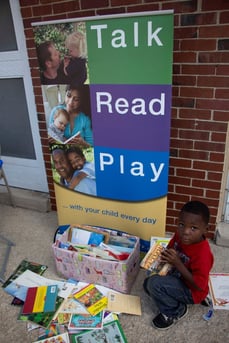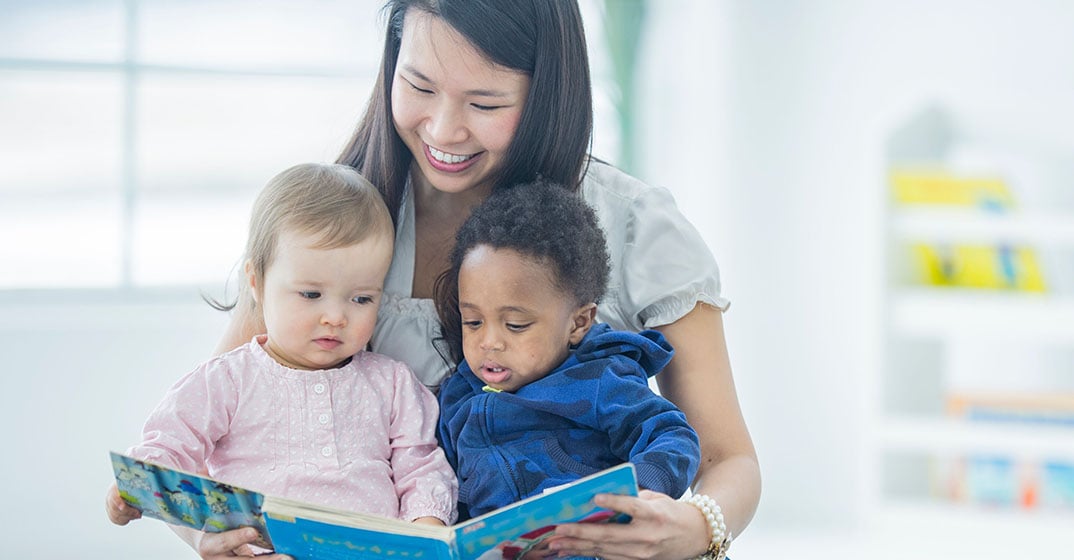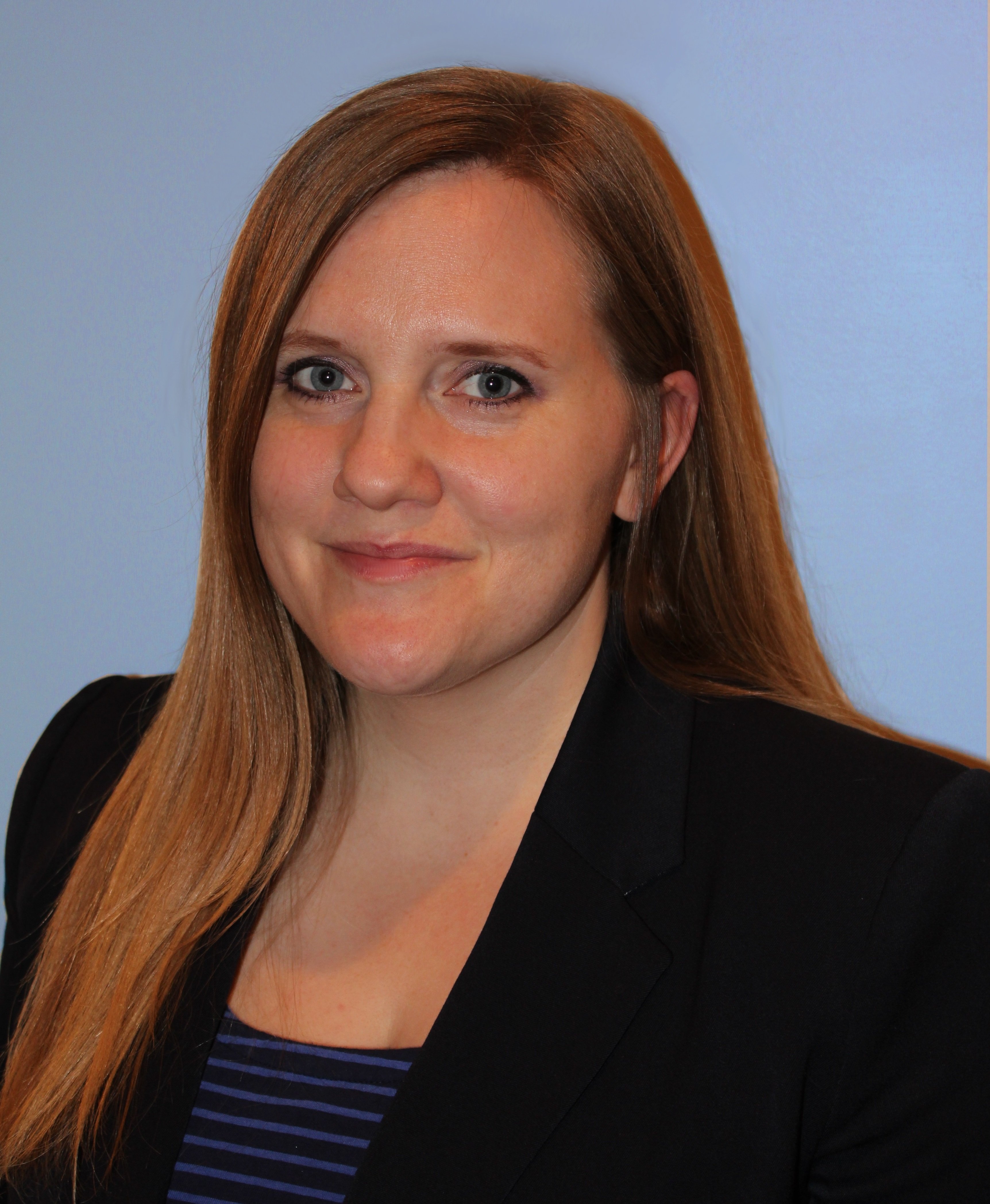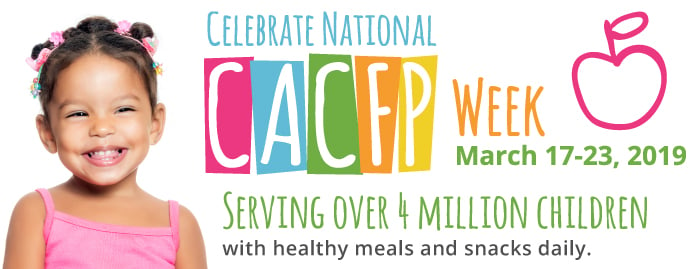Talk, Read, Play (TRP) is a unique education campaign that turns complex information about brain development in young children into a simple message parents can use to prepare their child for success in school and life: talk, read and play with your child every day.
Why Talk, Read, Play?
Learning begins at birth. In the first year of life, a child’s brain will double in size, and by age five it will reach 90 percent of its adult size. In other words, while we have the ability to learn throughout our lives, there is no period of potential greater than the early years. TRP offers parents and caregivers a simple way to support healthy development. Because, for children to reach their full potential, it’s important that the individuals caring for them—whether parents, relatives or child care providers—know how to support healthy physical and brain development during this vital period. Young children learn by talking, reading and playing. These seemingly simple interactions support a strong foundation for learning, and have positive benefits that last a lifetime.
- Talking to young children, even before they can talk back, helps them build vocabularies.
- Reading to young children strengthens parent-caregiver bonds, helps make connection between verbal and written words and teaches pre-reading skills like turning pages.
- Playing allows children to explore and experiment with the world around them.
Want a printable version of this post?
How It Works
Parents, grandparents, siblings, and caregivers play a vital role by helping children develop skills they’ll need for success in school through everyday interactions. The TRP campaign helps parents and caregivers understand child development and provides simple action steps to follow.The campaign utilizes multiple channels to share resources and information within the community. One of the most effective modes of delivery has been through partnerships with child care providers. Providers are given access to campaign materials— flyers, bookmarks, magnets, and other items with simple tips and a reminder to talk, read and play every day— they can use to help families understand child development and take advantage of daily opportunities to support healthy development by talking, reading and playing. The Family Conservancy (TFC) has also been successful in sharing the TRP message partnering with like-minded community organizations. TRP has benefited from joining forces with partners like the Kansas City mayor’s office, Turn the Page KC, Kauffman Foundation, and many local businesses. Possibly the most critical component of the programs success has been its ability to engage volunteers. Volunteer groups frequently attend community resource fairs and schools to discuss the importance of talking, reading and playing, with parents of young children.
Finally, thanks to the support of businesses, organizations and volunteers who host book drives, TFC has been able to install lending libraries and distribute books at several child care centers to further support families as they prepare their children for success. This effort has increased access to quality, age appropriate books for some of the most vulnerable children in the Kansas City community.
Successes
In 2017, more than 15,000 Kansas City areas families were reached with the TRP message. Child care providers who utilize TRP materials frequently report parents show an increased interest in their child’s education.
A Success Story
Brian once had dozens of books and loved to read, but when his family was evicted from their home he lost his prized collection. Brian attends a preschool in Kansas City, Kansas, through where The Family Conservancy works with parents and teachers to support a positive transition into Kindergarten through family engagement and early literacy programs.“Through the Sharing Shelf, Brian has at least 20 books now,” Brian’s moth-er Sarah said. Since Brian can keep these books, he likes to write his name in them. “He can spell “B-r-i-a” fine, but he usually writes the “n” backward.
Learn More
The Family Conservancy supports families, caregivers and teachers in providing quality early education opportunities and mental health services for Kansas City’s youngest children. They also administer a local child care resource and referral program under the name Child Care Aware® of Eastern Kansas and Western Missouri.
The Family Conservancy
Scott Hanson
Marketing Communications Coordinator
shanson@tfckc.org | (913) 742-4123
The Promising Practices Spotlights illuminate some of the successful ways early childhood programs around the nation are connecting with families and communities through high-quality engagement initiatives.








